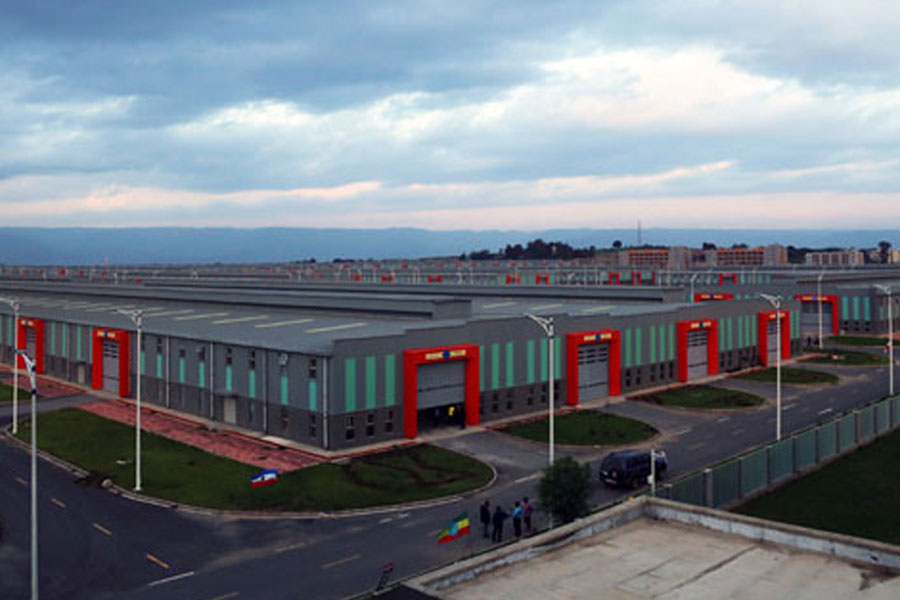
A new directive by the Central Bank requiring coffee exporters to convert half of their foreign exchange earnings into local currency within 30 days is causing upheaval in the crucial coffee industry. Exporters argue that the tight deadline is unrealistic and is squeezing them financially at a precarious time. The National Bank of Ethiopia (NBE) defends the policy to stabilise the Birr after liberalising the foreign exchange regime. Since July, the Birr has depreciated by over 100pc following its flotation in the exchange market, a shift linked to broader economic reforms agreed with the IMF. Central Bank officials believe the retention policy enhances economic competitiveness, unlocks export potential, and attracts foreign direct investment. According to its Vice Governor, Fikadu Digafe, supporting import activities and enhancing foreign exchange liquidity in commercial banks is essential.
Exporters, however, feel the policy does not reflect business realities. Nearly 700 active coffee exporters operate, and many struggle under the new policy. Industry leaders have been in discussions with Central Bank officials, hoping for revisions such as extending the retention period to 90 days. The Ethiopian Coffee & Tea Authority (ECTA) acknowledged the limitations of its influence but plans to bring the issue up with the central bank soon.
The liquidity crunch also affects commercial banks, which impacts exporters' ability to secure financing. Banks urge business owners to import goods rather than convert foreign currencies into Birr, but strict fiscal and monetary policies to control inflation have constrained local currency availability. Exporters like the Sidama Coffee Farmers’ Cooperative Union, representing over half a million farmers, are under financial strain due to limited access to credit. Adding to the exporters' woes are logistical constraints such as freight issues, security crises on the Red Sea corridor, and payment delays in international transactions. The looming European Deforestation Regulation (EUDR), which requires proof that coffee exports have not contributed to deforestation since December 2020, constrains the export space further. Europe accounts for 30pc of Ethiopia's coffee exports, and compliance with the new regulations presents a considerable burden. Despite these problems, some see the currency float as a positive step toward promoting exports and increasing foreign exchange inflows. In the past two months alone, Ethiopia exported 80,000tns of coffee, earning nearly 377 million dollars.
You can read the full story here
PUBLISHED ON
Oct 13,2024 [ VOL
25 , NO
1276]

Radar | May 18,2024

Commentaries | Aug 09,2025

Radar | May 18,2024

News Analysis | Jan 15,2022

Radar | Oct 05,2024

Fortune News | May 08,2021

Fortune News | Dec 08,2024

Radar | Oct 09,2021

Radar | Feb 09,2019

Agenda | May 04,2019

Dec 22 , 2024 . By TIZITA SHEWAFERAW
Charged with transforming colossal state-owned enterprises into modern and competitiv...

Aug 18 , 2024 . By AKSAH ITALO
Although predictable Yonas Zerihun's job in the ride-hailing service is not immune to...

Jul 28 , 2024 . By TIZITA SHEWAFERAW
Unhabitual, perhaps too many, Samuel Gebreyohannes, 38, used to occasionally enjoy a couple of beers at breakfast. However, he recently swit...

Jul 13 , 2024 . By AKSAH ITALO
Investors who rely on tractors, trucks, and field vehicles for commuting, transporting commodities, and f...

Oct 25 , 2025
The regulatory machinery is on overdrive. In only two years, no fewer than 35 new pro...

Oct 18 , 2025
The political establishment, notably the ruling party and its top brass, has become p...

Oct 11 , 2025
Ladislas Farago, a roving Associated Press (AP) correspondent, arrived in Ethiopia in...

Oct 4 , 2025
Eyob Tekalegn (PhD) had been in the Governor's chair for only weeks when, on Septembe...